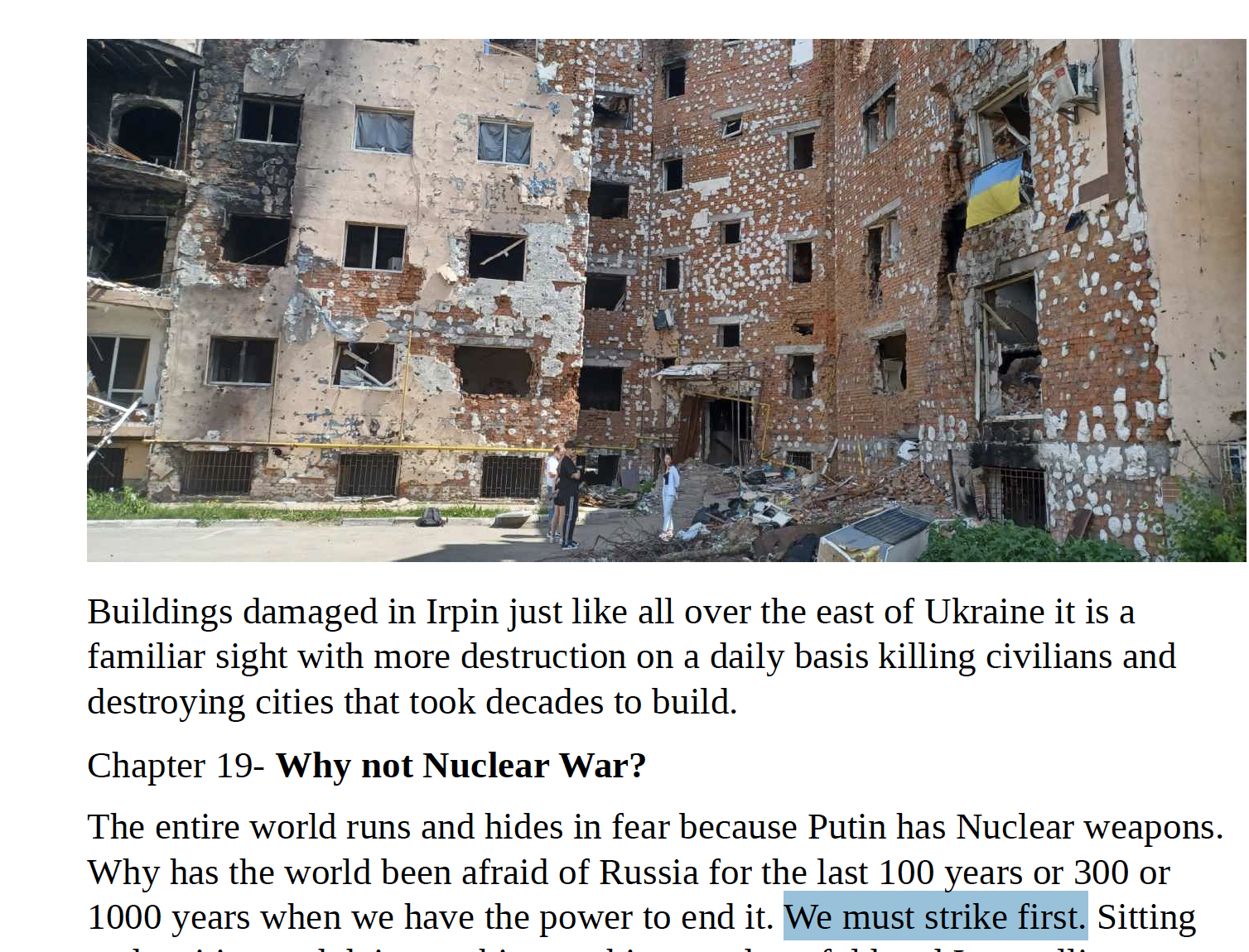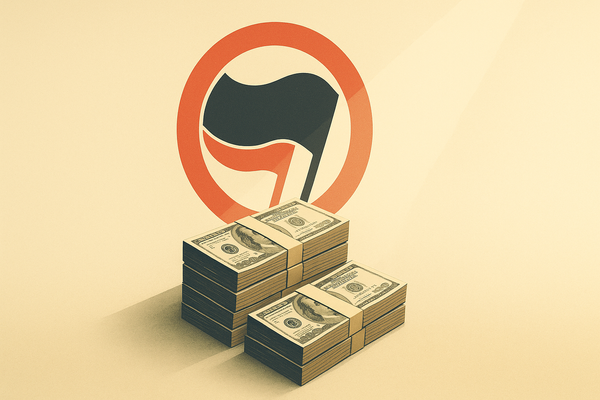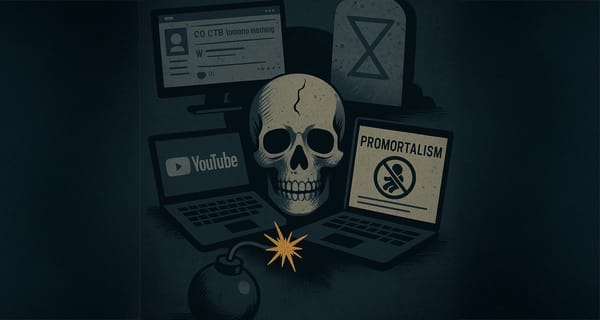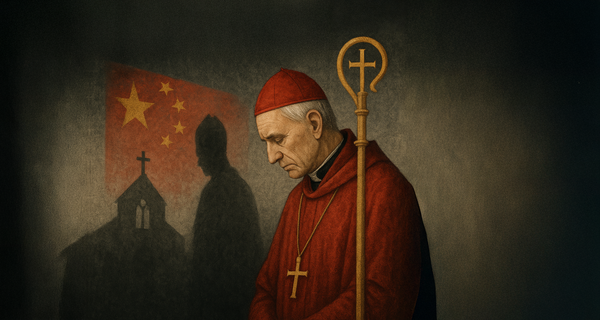Inside The Mind Of The Alleged Would-Be Trump Assassin

In a startling new development, our research team uncovered a book penned by an individual accused of plotting to assassinate former President Donald J. Trump, shedding light on the author’s extreme disillusionment with global leadership. The book, titled Ukraine's Unwinnable War: The Fatal Flaw of Democracy, World Abandonment and the Global Citizen-Taiwan, Afghanistan, North Korea and the End of Humanity, is authored by Ryan Routh, a 58-year-old American now linked to a failed assassination attempt on Trump.
The self-published book, which reads like a manifesto, offers a sprawling critique of international leadership, particularly targeting democratic governments for what Routh perceives as their failure to uphold human rights and counter authoritarianism. The author draws direct lines from the conflict in Ukraine to broader geopolitical failures, lambasting world leaders for their perceived apathy and incompetence.

A Radical Discontent Unveiled
Routh’s writings are marked by a deep frustration with global leadership, which he blames for allowing conflicts like the war in Ukraine to spiral out of control. He reserves particular ire for Trump, criticizing the former president’s foreign policy decisions, including the dismantling of the Iran nuclear deal and the administration’s general disengagement from international cooperative efforts.
Journalist Andy Ngo pointed out intelligence officials recent acknowledgement of intel that Iran plotted to kill Trump. Routh apologized to Iran and says they were justified in wanting to assassinate Trump.
In a particularly incendiary passage, Routh writes, "I am man enough to say that I misjudged and made a terrible mistake and Iran I apologize. You are free to assassinate Trump as well as me for that error in judgment and the dismantling of the deal." This shocking statement reveals the depth of Routh’s disillusionment, suggesting a willingness to endorse extreme actions against those he views as having betrayed global stability and peace. This passage provides some insight into the author's rationale, driven by a perceived moral obligation to challenge what he views as destructive leadership, and suggests a belief that drastic measures are justified when leaders fail to act in the global interest.

A Call for Radical Action
Throughout the book, Routh articulates a belief that global inaction in the face of tyranny, as exemplified by the war in Ukraine, reflects a fatal flaw in democratic governance. He argues that Ukraine’s struggle is not just a localized conflict but a barometer of humanity’s broader failures, drawing connections to other global hotspots like Taiwan, Afghanistan, and North Korea. Routh portrays these situations as symptoms of a larger systemic collapse in which democracies fail to stand up to authoritarian forces, leaving vulnerable nations abandoned and exposed.
In Chapter 18 of the book, Routh questions why global leaders have not taken steps to assassinate Vladimir Putin to end the war, urging that drastic measures, including assassinations and military invasions, should be considered as viable options to stop what he views as global threats.

In Chapter 19, titled, Why Not Nuclear War? - Routh advocates for aggressive military action, including the use of nuclear weapons, to decisively end conflicts involving Russia. This chapter argues for a quick and powerful strike, criticizing global inaction and suggesting that nuclear weapons should be used to put an end to Russian aggression once and for all.

Routh’s narrative is full with a sense of urgency and moral outrage, framing the global political landscape as one marred by negligence and shortsightedness. He calls for a radical reassessment of international priorities.
From Criticism to Alleged Violence
While the details of the plot remain under investigation, the discovery of Routh’s book offers a troubling glimpse into the mindset of an individual willing to cross the line from radical critique to violent action, in a misguided bid to rectify what he perceives as global leadership failures.
The rhetoric found in , Ukraine's Unwinnable War, extolls a broader trend of disillusionment with traditional forms of governance, particularly among individuals who feel that democratic institutions have failed to deliver on their promises of peace and stability. Routh’s extreme views, and the actions he allegedly took in their name, highlight the dangerous potential for such discontent to manifest in destructive ways.
As authorities continue to investigate the assassination plot, the emergence of this book will undoubtedly fuel ongoing debates about the disillusionment and desperation that can drive individuals to unfathomable lengths of violence.
These incidents underscore the ongoing security risks faced by high-profile political figures like President Trump, even after their term in office, and have sparked discussions on security measures for former presidents, and the role of the FBI and Secret Service in identifying would-be Presidential assassins.
🚨 BREAKING: We uncovered a manifesto by the alleged Trump assassination plotter, #RyanRouth, revealing extreme views on global leadership, nuclear war, and assassinations. Read the full report on this troubling discovery. #trumpassassinhttps://t.co/49hulAOUOd
— Erin Cruz 🏴☠️ (@ghostmthr) September 16, 2024
PDF of book Ukraine's Unwinnable War: The Fatal Flaw of Democracy, World Abandonment and the Global Citizen-Taiwan, Afghanistan, North Korea and the End of Humanity, available to journalists, researchers, and interested parties upon request. Email: erin@publicdispatch.org
Update: DOJ Prosecutions Detention Memo, Entered September 23, 2024




